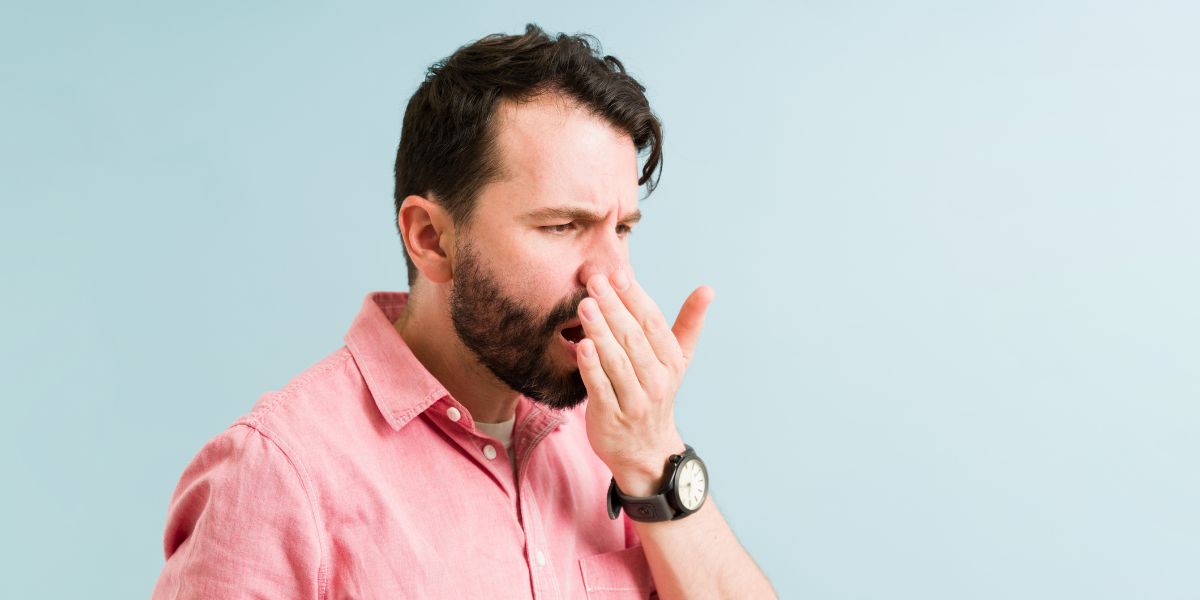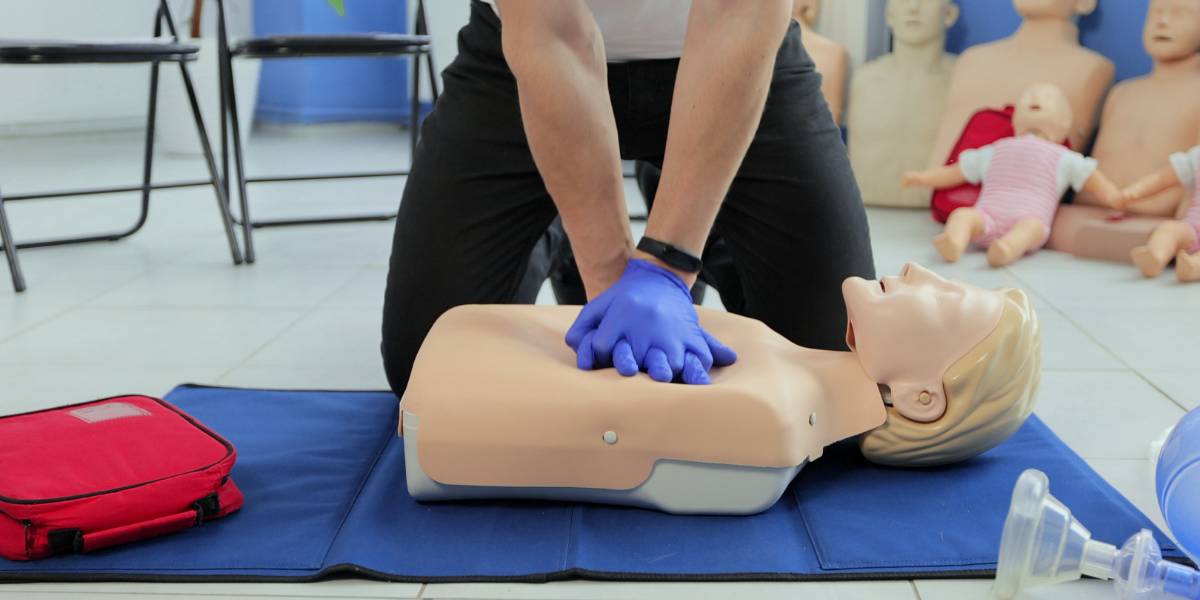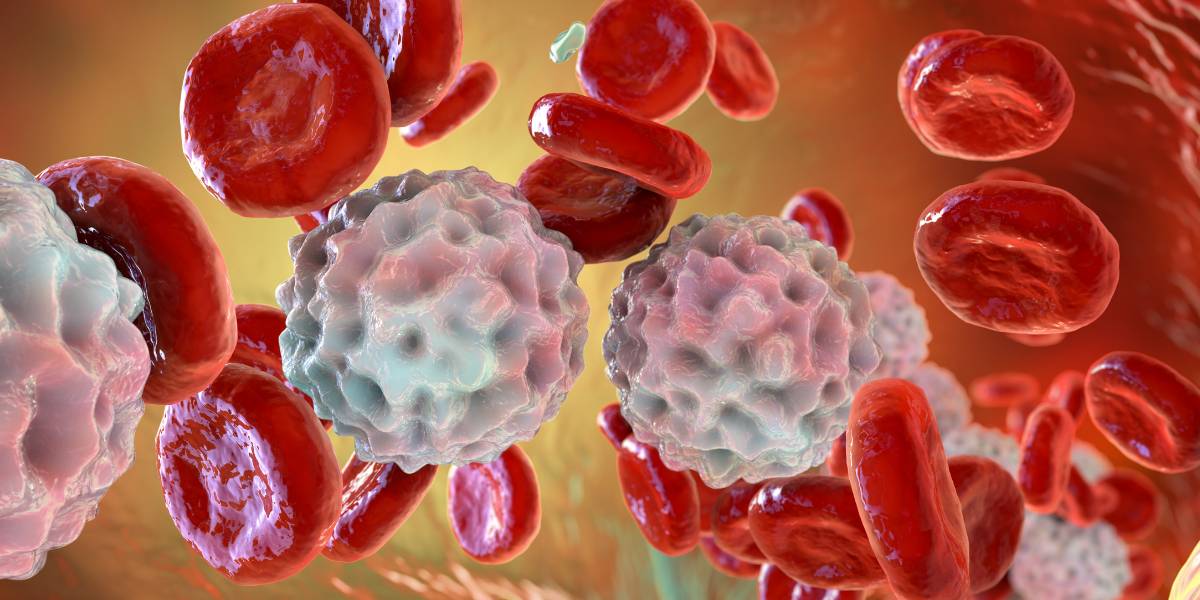Halitosis, better known as ‘bad breath’, is sometimes associated with diabetes. Several dental and oral conditions can also cause halitosis.
Having bad breath can have knock-on effects, such as loss of self-esteem and even contribute to depression
People with diabetes can lessen their risk of bad breath by avoiding sugary drinks and food and maintaining good oral health and blood sugar levels.
What causes bad breath?
The causes of bad breath are wide reaching but the condition is often linked to poor dental plaque removal. Plaque bacteria, which live in-between the teeth and on the surface of the tongue, digest glucose or food particles then release foul-smelling gasses.
There are some medical conditions, including diabetes, which make people more susceptible to halitosis.
In people with diabetes, high blood sugar levels increase glucose levels in saliva. This provides food for bacteria in the mouth and leads to the build-up of dental plaque. If plaque is not removed effectively tooth decay and gum disease may occur which also causes halitosis.
Diabetes can cause ketoacidosis, which is where the body burns fat instead of glucose if there is too little insulin in the blood, or if insulin resistance is too high Ketones then form as a waste product which cause an unusual smell on the breath sometimes compared to pear drops.
If you notice you have bad breath, it could be a side effect of your regular medications. Some people report having bad breath as a result of taking metformin. If you take metformin and think it is causing you to have bad breath , contact your diabetes healthcare team for advice on alternative medications which may be available.
Preventing bad breath
The best way to prevent bad breath is to have a good plaque removal regime
Ensuring you brush and clean in-between your teeth at least twice a day and visiting the dentist regularly will help. Your dentist will be able to check for any evidence of gum disease, which can harbour bacteria and cause halitosis.
Maintaining good control of blood sugar will reduce saliva glucose levels and this together with avoiding sugary foods and drinks will help to prevent the growth of bacteria in the mouth
You should also keep your body hydrated and take steps to reduce a dry mouth.







